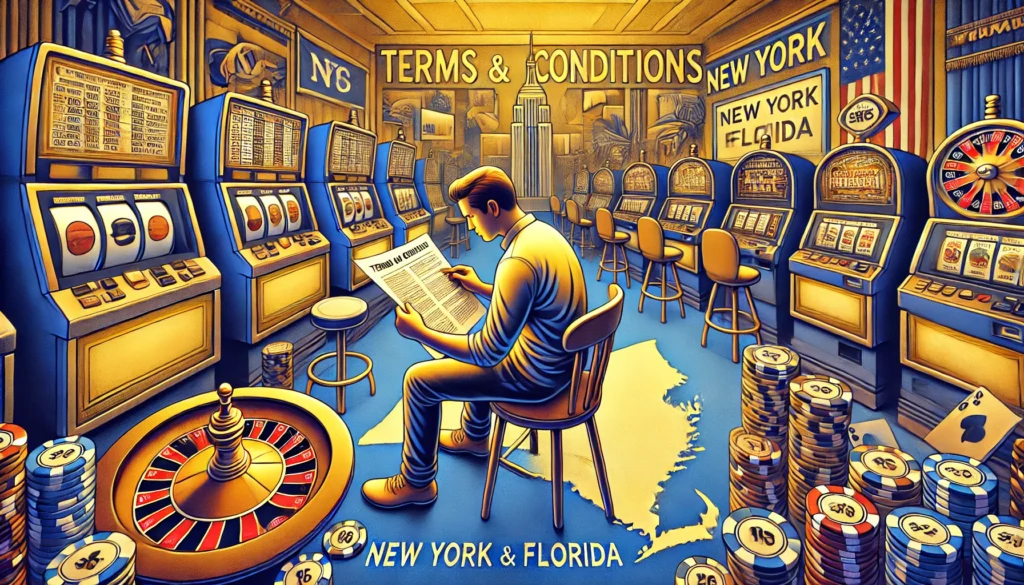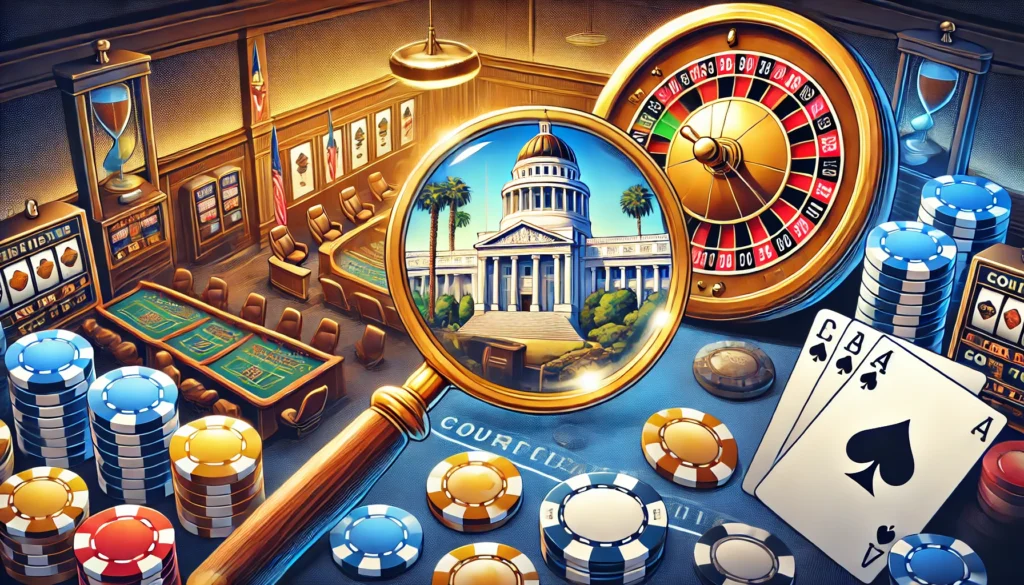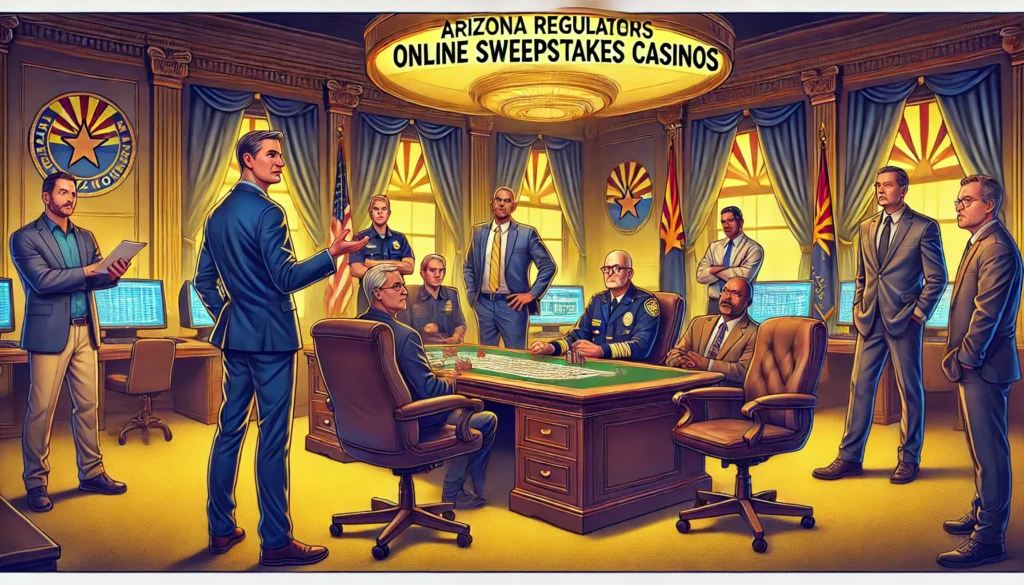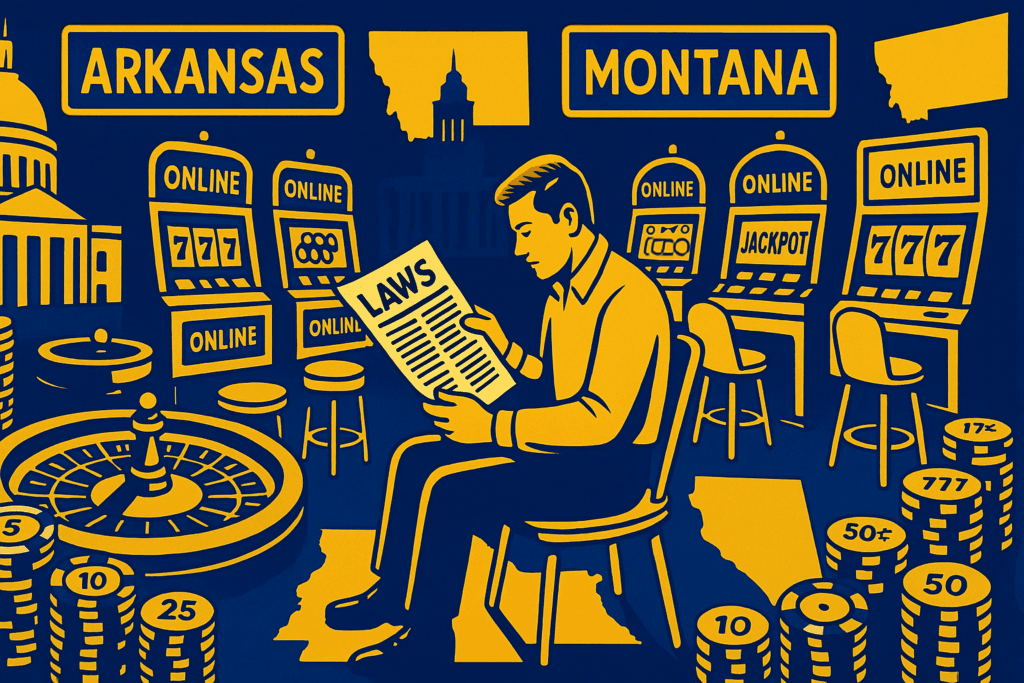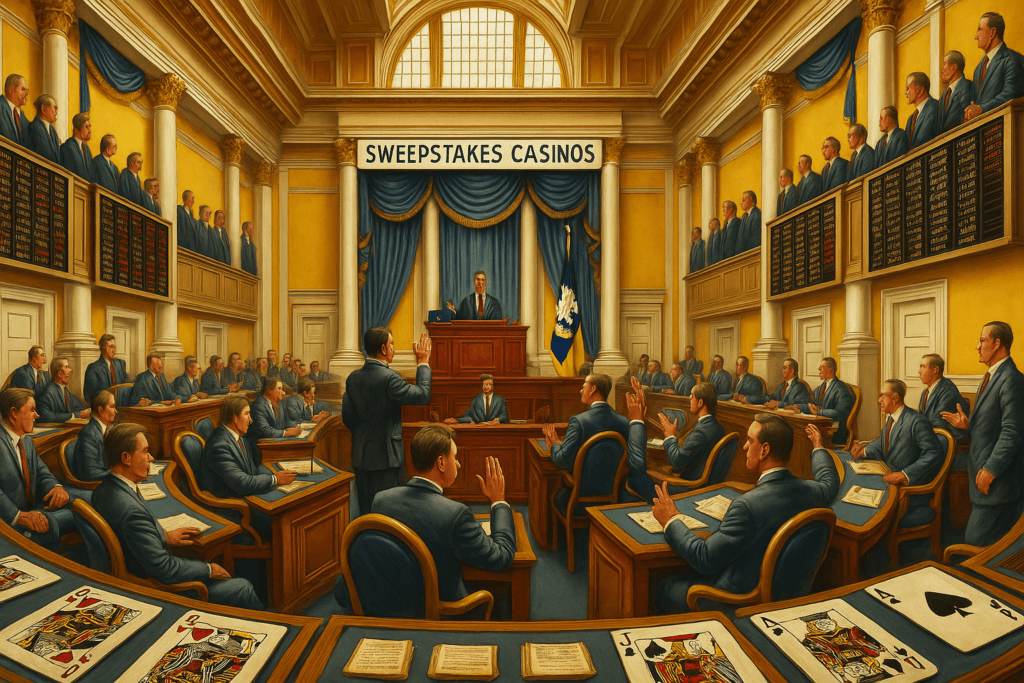Connecticut is adding more fuel to its anti-sweepstakes fire with a recent filing of a bill that would explicitly outlaw and criminalize online sweepstakes casino operators. It would also bar the use of lottery ticket courier services.
Senate Bill 1235 is not the first bill of its kind, but it could be a pivotal one for other states to follow for a number of reasons.
Chances of passing
Wide legislative support and legal precedent give this particular bill solid chances of getting through. In contrast to a number of anti-sweeps bills in other states that were proposed by a single sponsor in one legislative chamber, SB1235 was introduced by the full Committee on General Law.
The text introduction calls it: “An act concerning the Department of Consumer Protection’s recommendations regarding lottery and gaming regulation.”
The fact that the recommendations are coming straight from the state’s gaming regulator — the Department of Consumer Protection — is another strong indication that the bill’s contents have heavy support.
Connecticut also, like many other states, has established sweepstakes laws that are admittedly outdated, written for a time when there was little worry about online sweepstakes gaming. And in 2024, the Department of Consumer Protection issued a cease-and-desist letter to VGW, which exited the state in response.
For all these reasons, CT is unsurprisingly one of the most common states appearing on sweepstakes sites’ restricted states lists.
Updating laws and upping the ante
The new bill would repeal and replace a number of existing sections in the general statutes with varying proposed effective dates. The sweepstakes update would be effective Oct. 1, 2025 if approved.
The first two restrictions are already part of Connecticut law. The third is new:
“No person shall conduct or promote a sweepstakes or a promotional drawing authorized by the provisions of section 53-278g that (1) is not related to the bona fide sale of goods, services or property, [or] (2) uses a simulated gambling device, or (3) allows or facilitates participation in any real or simulated online casino gaming or sports wagering, unless such person is licensed under chapter 229b.”
The first stipulation has been called into question for sweeps gaming operators, whether they are actually promoting a bona fide sale of goods or services with their sweepstakes promotions. But the arguments have proven murky, at best, on both sides, at least in the eyes of the law. The second part clearly targets devices that used to be found in internet sweepstakes cafes of old, or their modern counterparts.
Part 3 leaves little up for interpretation on whether the online casino games or sports betting markets offered by sweepstakes gaming sites are allowed. It would outlaw any of those not approved and regulated by the Connecticut Department of Consumer Protection, the state’s gaming regulator. That equates to all sweeps sites currently serving customers in Connecticut.
Violators are subject to the penalty for professional gambling as provided in subsection (b) of section 53-278b. Part of the amendment would raise that penalty from a class A misdemeanor to a class D felony.
The bill also designates that sites offering these outlawed games would be “deemed an unfair or deceptive trade practice.” As US gambling attorney Daniel Wallach pointed out on LinkedIn, that clause could give potential plaintiffs a much stronger case in pursuing civil remedies against violators.
A potential blueprint for others
If this proposed bill does pass, it’s quite possible that other states will attempt to follow a similar template. After all, Connecticut has been quite effective in combating sweepstakes operators thus far.
In addition to doing so in the name of consumer protection, the hard-nosed stance also supports regulated casinos and sportsbooks operating legally in the state’s regulated market.
The state’s key gambling stakeholders, the Mashantucket Pequot Tribe, the Mohegan Tribe, and the Connecticut State Lottery, would likely celebrate a bill that helps to prevent the operation of sites that many view as competition to their businesses and profits. Which means it could also be a win for tax revenue for the state.
Connecticut isn’t the only state searching for answers on the best approach to clarifying and updating their sweepstakes laws to make them more (or actually) enforceable. At least one lawmaker in Mississippi is attempting a similar approach of amending current anti-sweepstakes rules to explicitly name online sweeps gaming sites and raise the criminal penalties for violations. New York is another major state exploring legislative ways to codify anti-sweepstakes law.
If this approach proves successful for Connecticut, we could see a number of other anti-sweepstakes states, especially those with strong tribal gaming presence, follow suit.


